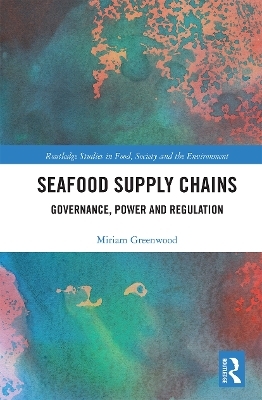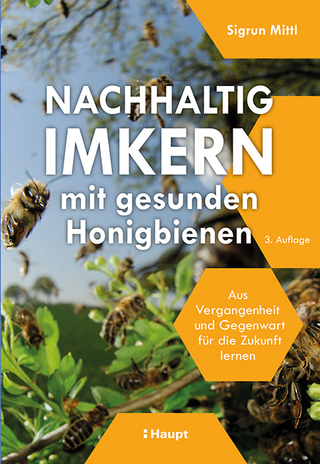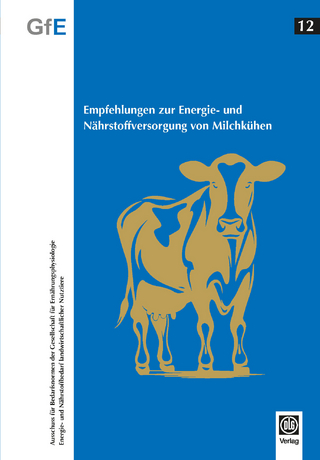
Seafood Supply Chains
Governance, Power and Regulation
Seiten
2020
Routledge (Verlag)
978-0-367-66217-2 (ISBN)
Routledge (Verlag)
978-0-367-66217-2 (ISBN)
The author provides a historical and analytical account of changes in the seafood supply chain in one country (Britain), looking at the interplay with various types of governance, and the effects of this.
This book provides a historical and analytical account of changes in the seafood supply chain in Britain from the mid-twentieth century to the present, looking at the impact of various types of governance.
The governance of marine fisheries has been a contested issue for decades with increasing anxieties about overfishing. In tandem, the rise of aquaculture, fish and shellfish farming, has driven another set of environmental concerns. In the food system, there have been scandals about safety failures and about fraud. At the same time, governments issue advice urging people to eat fish for its health benefits. In the context of these problems and contradictions, how have governments, the food industry and ordinary consumers responded? The author shows how different types of governance and regulation have been used to seek seafood sustainability and food safety and to communicate nutritional messages to the public and with what effects. The book also presents a new model for understanding food chains which combines governance and power approaches with an emphasis on understanding the interests served and the resulting balance of public and private benefits. This shows that the role of state regulation should have greater emphasis in governance and agri-food analysis and that theories about supply chain functioning, including the part played by major retailers and civil society, should be modified by a more nuanced understanding of the role of standards and certification systems.
Although much of the focus is on the UK and Europe, this book provides key lessons internationally for the governance of seafood and other agri-food supply chains. The book will be of interest to students of food policy and those working in the seafood industry or studying for connected qualifications, and more widely to readers with an interest in seafood issues and problems.
This book provides a historical and analytical account of changes in the seafood supply chain in Britain from the mid-twentieth century to the present, looking at the impact of various types of governance.
The governance of marine fisheries has been a contested issue for decades with increasing anxieties about overfishing. In tandem, the rise of aquaculture, fish and shellfish farming, has driven another set of environmental concerns. In the food system, there have been scandals about safety failures and about fraud. At the same time, governments issue advice urging people to eat fish for its health benefits. In the context of these problems and contradictions, how have governments, the food industry and ordinary consumers responded? The author shows how different types of governance and regulation have been used to seek seafood sustainability and food safety and to communicate nutritional messages to the public and with what effects. The book also presents a new model for understanding food chains which combines governance and power approaches with an emphasis on understanding the interests served and the resulting balance of public and private benefits. This shows that the role of state regulation should have greater emphasis in governance and agri-food analysis and that theories about supply chain functioning, including the part played by major retailers and civil society, should be modified by a more nuanced understanding of the role of standards and certification systems.
Although much of the focus is on the UK and Europe, this book provides key lessons internationally for the governance of seafood and other agri-food supply chains. The book will be of interest to students of food policy and those working in the seafood industry or studying for connected qualifications, and more widely to readers with an interest in seafood issues and problems.
Miriam Greenwood has held a number of research and senior management posts in the National Health Service (UK). She has an MSc in the Sociology of Health and Sickness from South Bank University, UK, and a PhD in Food Policy from City, University of London, UK.
1. Governance and its seafood objectives 2. Governance and change in food chains 3. Achieving sustainable supply 4. Achieving seafood safety and quality 5. Governing Consumption 6. Governance influences on retail anf foodservice 7. Conclusions
| Erscheinungsdatum | 01.10.2020 |
|---|---|
| Reihe/Serie | Routledge Studies in Food, Society and the Environment |
| Verlagsort | London |
| Sprache | englisch |
| Maße | 156 x 234 mm |
| Gewicht | 453 g |
| Themenwelt | Sozialwissenschaften |
| Weitere Fachgebiete ► Land- / Forstwirtschaft / Fischerei | |
| ISBN-10 | 0-367-66217-5 / 0367662175 |
| ISBN-13 | 978-0-367-66217-2 / 9780367662172 |
| Zustand | Neuware |
| Haben Sie eine Frage zum Produkt? |
Mehr entdecken
aus dem Bereich
aus dem Bereich
Buch | Hardcover (2023)
Haymarket Media (Verlag)
31,80 €
aus Vergangenheit und Gegenwart für die Zukunft lernen
Buch | Softcover (2024)
Haupt Verlag
39,00 €
Buch | Hardcover (2023)
DLG-Verlag
79,90 €


